Robert Redford Conservancy for Southern California Sustainability » Staff
Director
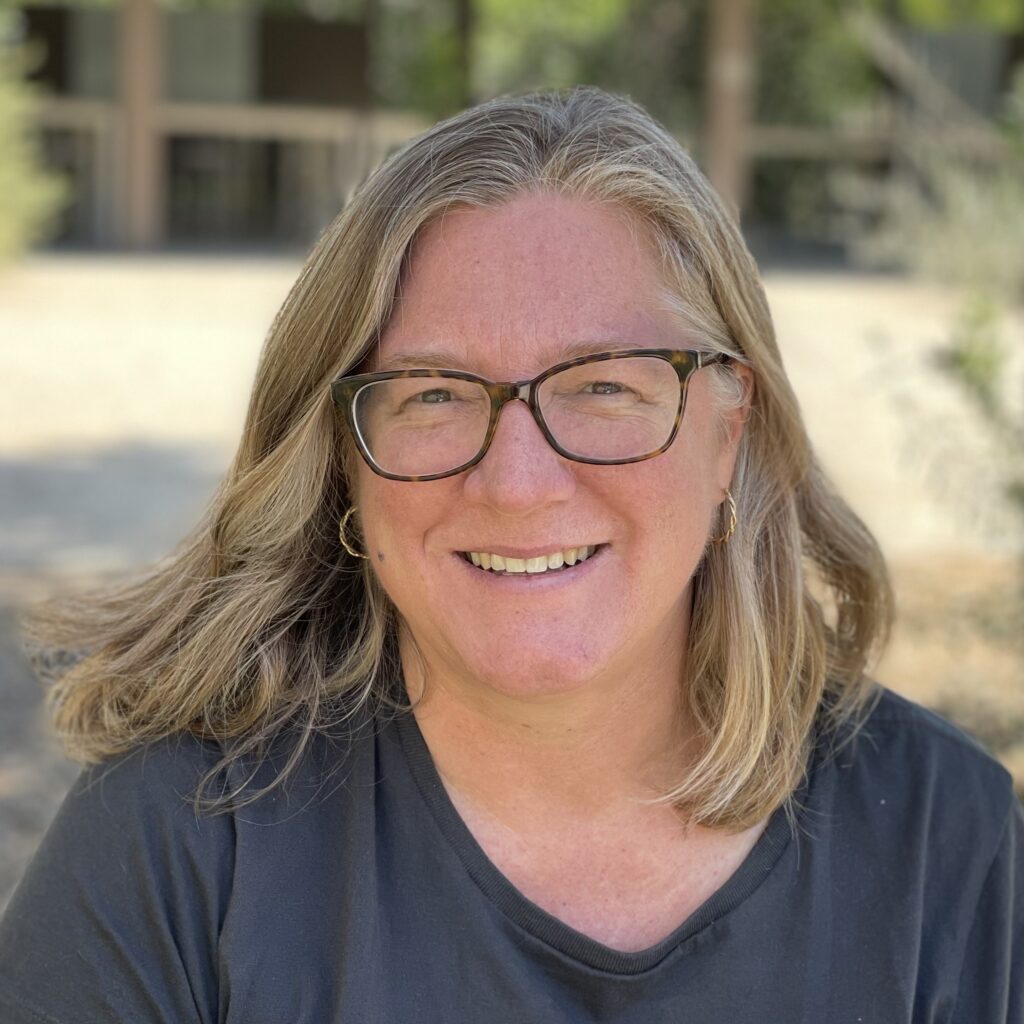
Susan A. Phillips has been at Pitzer since 2002 and has worn many hats during her time at the college. A Professor of Environmental Analysis, she directed the Community Engagement Center and the CASA Pitzer program prior to coming to the Robert Redford Conservancy. Phillips is interested in participatory research and pedagogy, community-led strategies for equitable sustainability, nature-based solutions for climate resilience, theories of violence and inequality, anarchic social forms, and intersections between urban history, material life, and the built environment. Phillips has studied gangs, graffiti, and the US prison system since 1990. Phillips received her Ph.D. in anthropology in 1998 from UCLA and is author of three books: Wallbangin: Graffiti and Gangs in L.A. (Chicago, 1999), Operation Fly Trap: Gangs, Drugs, and the Law (Chicago, 2012), and The City Beneath: A Century of Los Angeles Graffiti (Yale, 2019). Phillips has received numerous grants, including two Getty fellowships, a Soros Justice Media Fellowship, a short-term Huntington research fellowship, and a Harry Frank Guggenheim research grant for the study of violence.
Assistant Director
Angélica González Apple serves as the Assistant Director for the Robert Redford Conservancy for Southern California Sustainability. She draws on 15+ years of experience in Environmental Education and Leadership. She attended California State University Monterey Bay, graduating with a Bachelor of Arts in Environmental Studies and a minor in Spanish. She is currently pursuing a Master’s in Sustainable Leadership from Arizona State University. Angélica’s prior experience includes serving as Conservation Programs Manager at the Sierra Club Angeles Chapter. She organized and implemented conservation programs and campaigns such as water and air quality, renewable energy, wilderness management, wetlands, urban planning, and zero waste. She is passionate about connecting people with nature and raising awareness on the direct relationship between the quality of the environment and its impacts on people’s quality of life. Angélica enjoys spending time with her family and time in her native garden. She was born and raised in Pomona, California, and resides in Claremont.
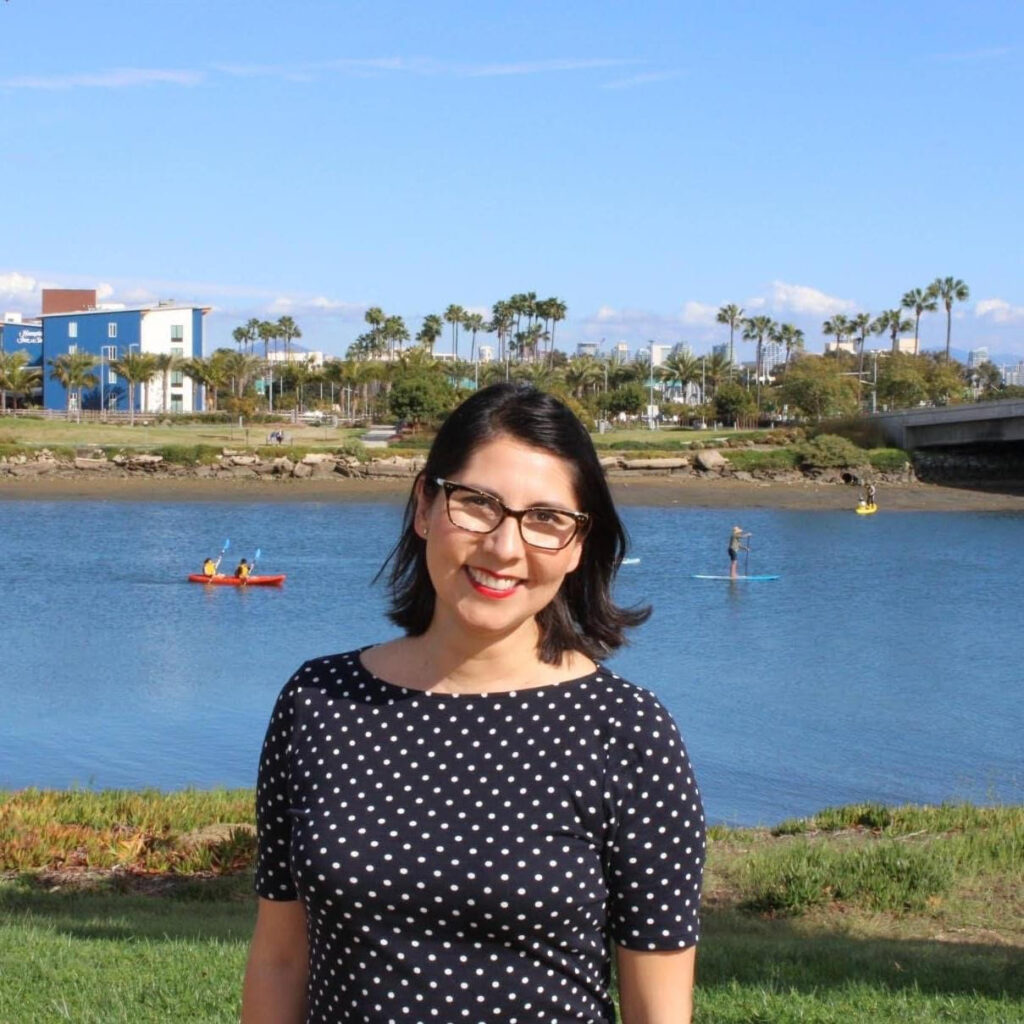
Administrative and Program Coordinator
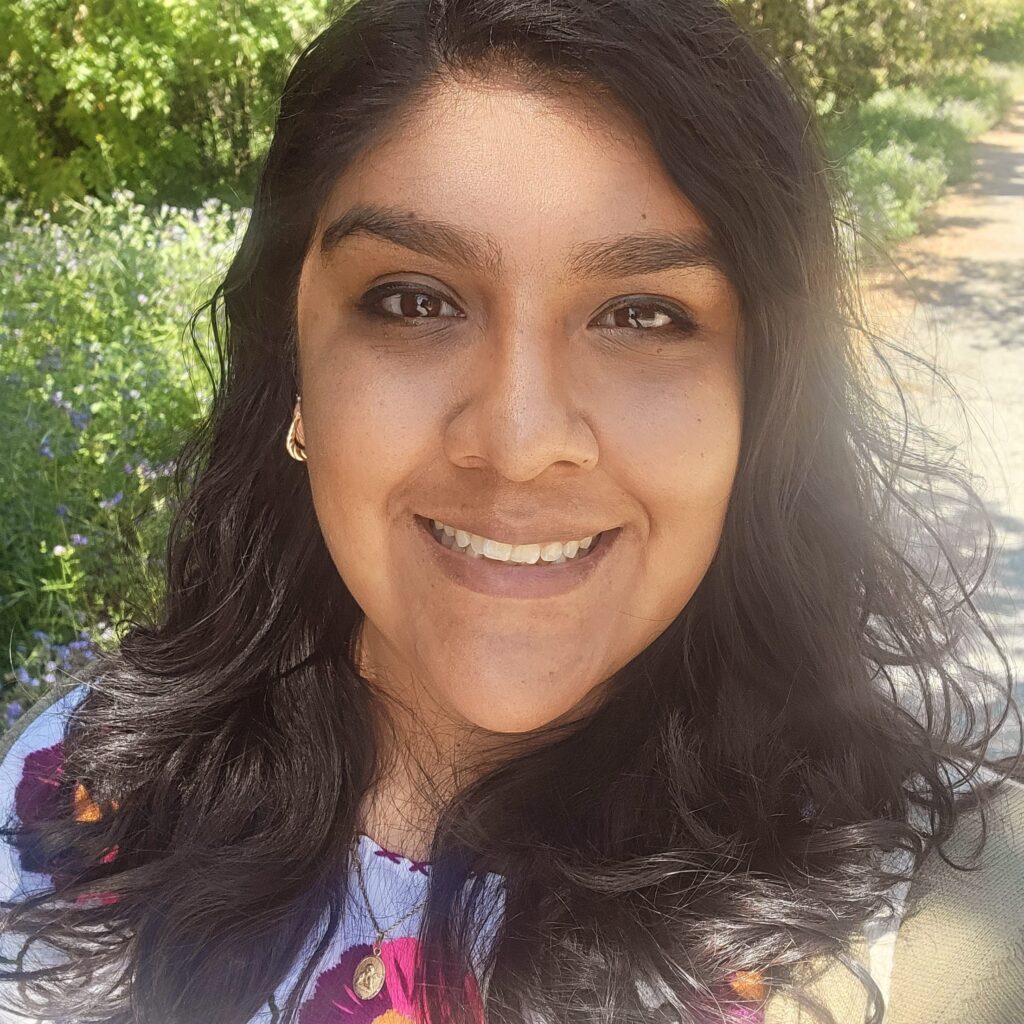
Claudia L. Prats is the new Administrative and Program Coordinator for the Robert Redford Conservancy. She was born and raised in Pomona, CA. She attended the University of California, Riverside as a first-gen student and graduated with a Bachelor of Arts in Spanish Literature. Prior to joining our team, she worked with Power My Learning as a family trainer. Claudia is passionate about helping families and students by providing resources for social-emotional awareness as well as educational support. Gaining experience in working with many families and students, she is ready to give back and continue to support her community. She enjoys spending her days with her small family doing different outdoor projects with her two little girls.
Redford Fellow in Applied Research-Sustainable Agriculture
Arthur Levine is a Pitzer college alum. He earned his B.A. in Neuroscience in 2014 and earned an M.S. in Regenerative Studies from the Cal Poly Pomona school of Environmental Design in 2023. Originally from New York City, and moving to SoCal in 2009, Arthur has worked in urban and community-food-systems for 13 years in New York, New Orleans and here in Southern California as a volunteer, technical support, projects director, and board member. Arthur has worked at Pitzer and in Inland Empire communities for years. He is a former Community Engagement Fellow for the Pitzer in Ontario program (2014-2017) where he supported student service-learning, internships, and the growth and development of Huerta del Valle. Arthur is a co-founder of Huerta del Valle and former Board member and Projects Director at HdV (2017-2021). Aside from his role at the Redford Conservancy he sits on the boards of Riverside Food Systems Alliance, Feed Black Futures, and Agroecology Commons, and is a steering committee member for the Inland Southern California Climate Collaborative. Arthur is bilingual in Spanish and English and regularly acts as an interpreter and is a UCC-SB Master gardener.
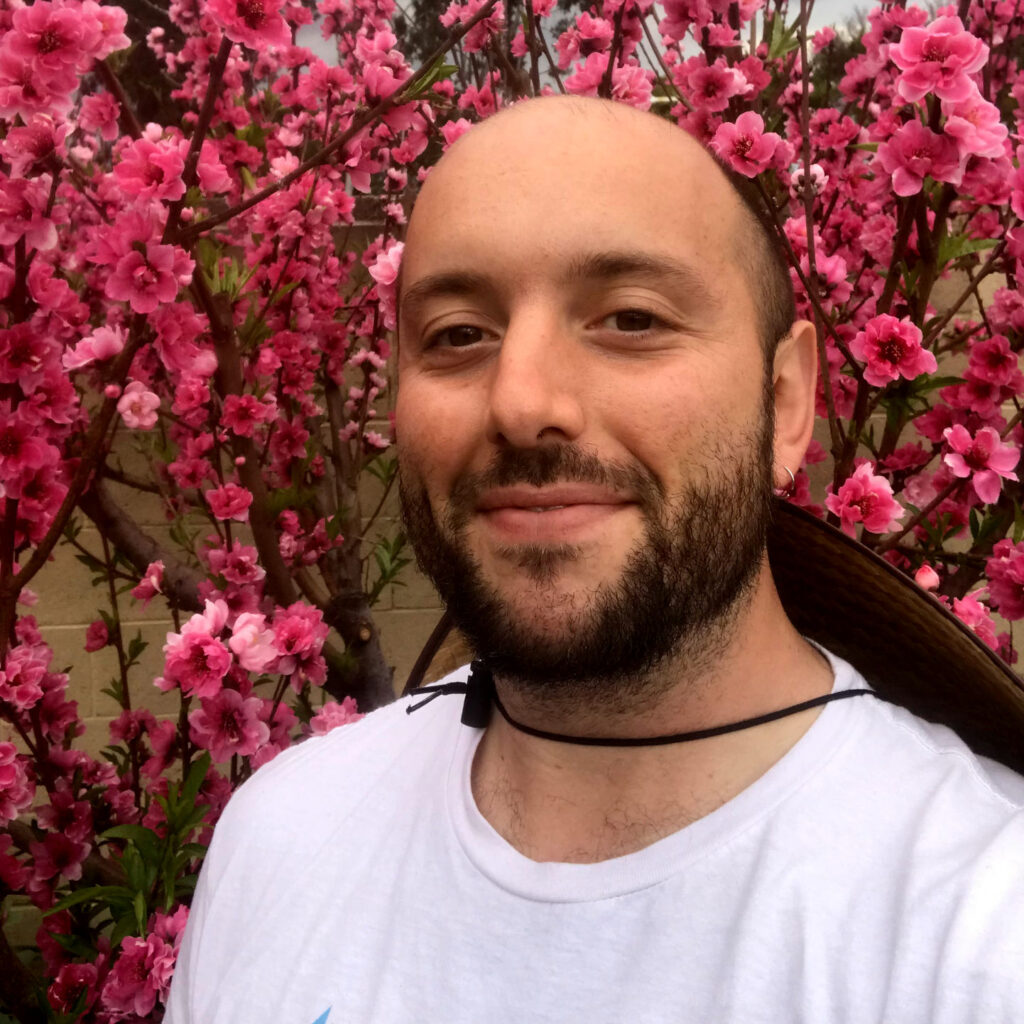
Redford Fellow in Applied Research-Environmental Policy
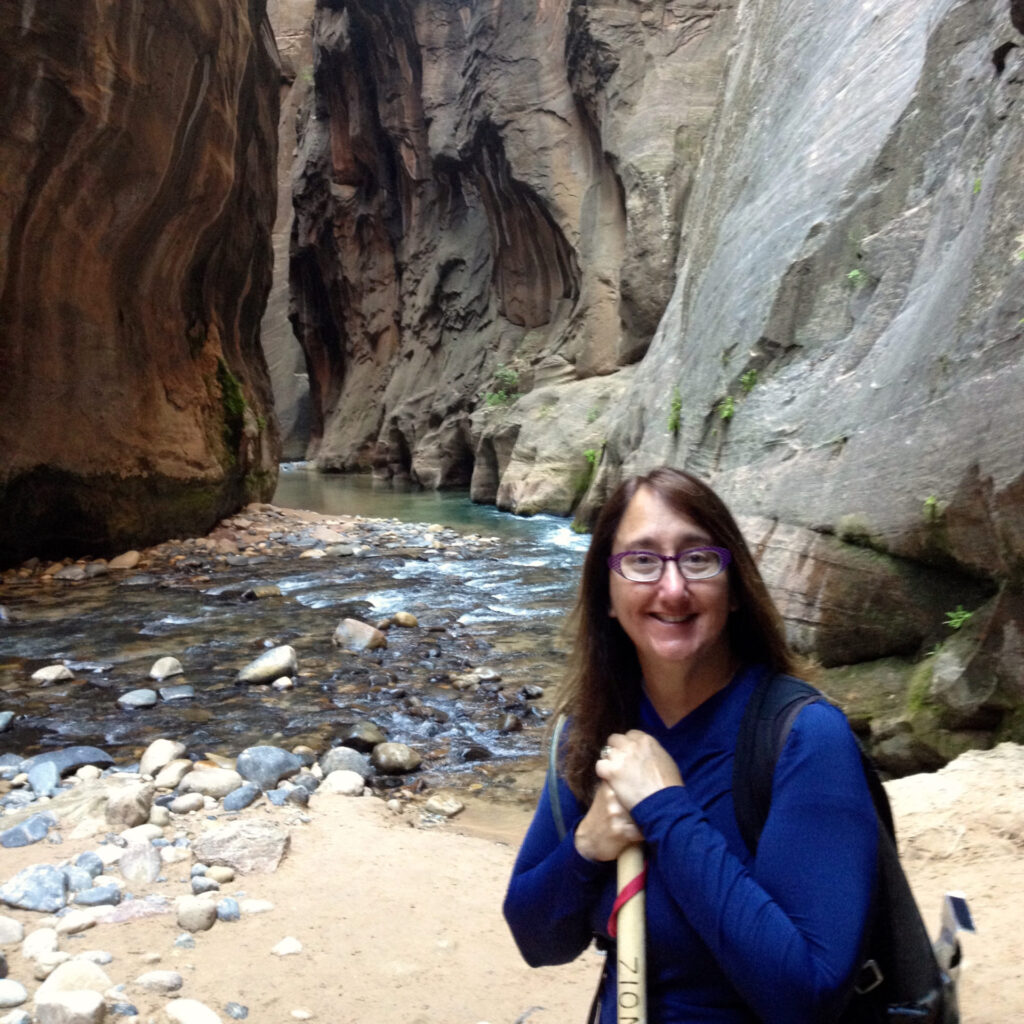
Teresa Sabol Spezio is an interdisciplinary environmental history who works on the historical intersections between humans, chemical pollution and environmental policy. She has worked in academia and environmental consulting. She is also an adjunct professor of environmental analysis at Pitzer College. At the Redford Conservancy, Teresa uses her multi-disciplinary background to assist with sustainability and environmental policy issues, writing reports, and guiding students through the research process.